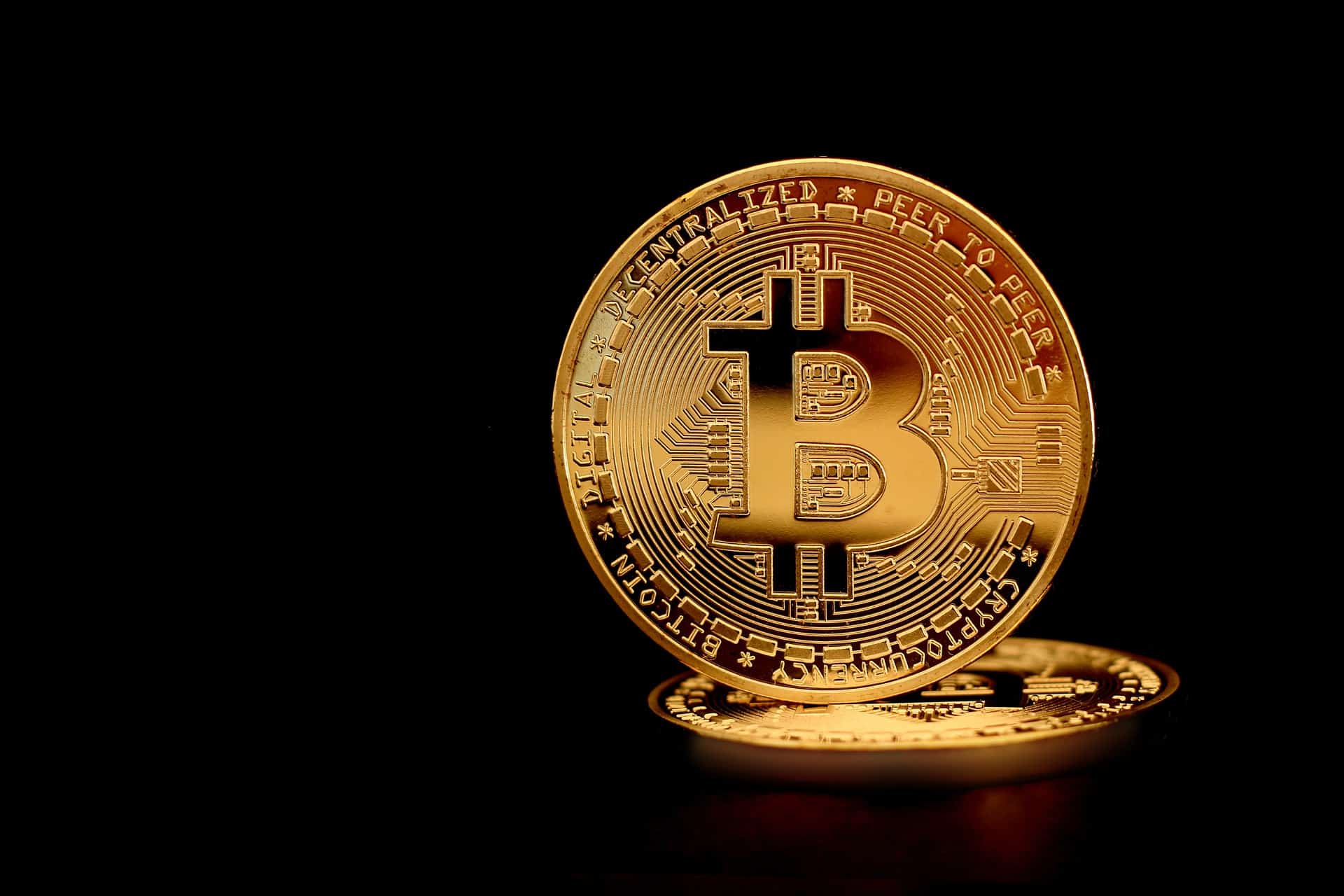Many familiar with the most prominent cryptocurrency and its use have divided opinions. Not only is Bitcoin considered the flagship digital currency, but it is also the most widely used digital asset worldwide.
Moreover, industry experts believe that in times of economic crisis, Bitcoin can be a hedge against inflation, just like its counterpart, gold.
The United States is currently in one of its most challenging economic periods. Its inflation rate is now at the highest in 40 years as the Federal Reserve runs from pillar to post, looking for a solution.
From the European perspective, the issue is even worse than America’s. It seems like the crisis is usually deepening by the day.
However, from a more holistic view, Bitcoin appears to be the solution to the current situation and for the future.
Struggling Eurozone
For the first time in the history of the world’s fiat currencies, the value of $1 surpasses that of €1. Most Americans struggle with galloping inflation at 9.1%, but their currency has appreciated against the Euro.
However, this poses a problem for U.S. exports as a weakened Euro and substantial USD cause issues for Europeans. This phenomenon correlates with the weakening of the currencies of many emerging economies.
What makes the USD strong is that investors part ways with risk assets in moments of uncertainty. This implies that volatile stocks will see a massive sell-off, with safe-haven assets like gold and fiat experiencing inflows. One currency is the clear winner in the order, and that is the USD.
Whenever there is an economic crisis, the dollar appreciates more because of its status as the world’s reserve currency.
Furthermore, the dollar also thrives in periods of monetary debasement. But its strength is relative to the declining value of other fiats.
As stated by Bitcoin enthusiasts, the best solution is to adopt the king of cryptocurrencies as a hedge across the board.
Enter Bitcoin
The current economic woes facing Europe are why Bitcoin is seen as the perfect solution. It points to the store of value the token has and why it lags in the current disposition.
Unlike the Euros and the USD, Bitcoin is a currency that no one can debase, no matter how powerful. In contrast to the Euro, it has a supply cap of 21 million coins.
This is also a currency that can’t be confiscated, as happened in some European banks. And it is also a currency that struggling European economies cannot drag to the brink.
They argue that it is challenging to say that Bitcoin could serve as an inflation hedge. But when compared to the centrally controlled fiat currencies, Bitcoin stands the chance of being an inflationary hedge.
It is an asset with a hard cap and is outside the control of the government and banks. Bitcoin represents value and an alternative to moving on from the heavily controlled fiat.
Nevertheless, for the Eurozone without the USD as its regional fiat, going the Bitcoin way can be a win-win situation.

